Recommended Books
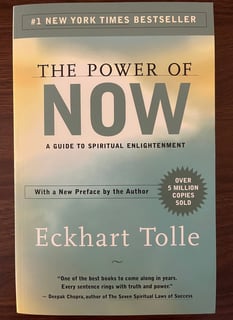

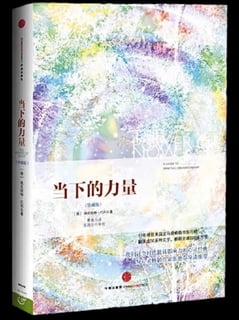

This is one of my favorite books. Once I listened to a video where Eckhart Tolle was interviewed. During the interview, he said, "You are not what happened. You are the space in which everything happens.". I felt an awakening moment right there. You are not your mind, not the thoughts, you are the awareness behind it. The Power of Now helps to find one's essence from a transcendent dimension and connect with it.
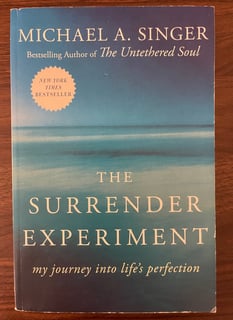

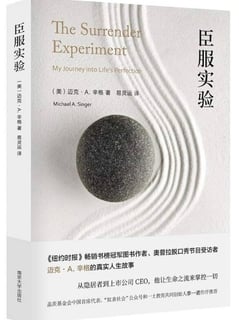

This book is truly inspiring. It is based on Michael Singer's life stories. Michale was once a homeless student living in the woods. He later on became very successful in doing business and established the Temple of the Universe, a meditation and yoga center. He said, "I had not sought any recognition; I had just thrown myself into life's wind to see where it would take me." And later, he was framed and had to face a lawsuit for more than seven years. Fortunately, he was fairly judged and got clear from the lawsuit. With all these ups and downs, Michael said "As long as I was willing to accept the purification power of life's flow, I kept coming out on the other side a transformed person. How could I consider this a bad experience when it created such beauty and freedom within me?"
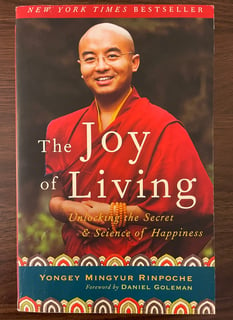

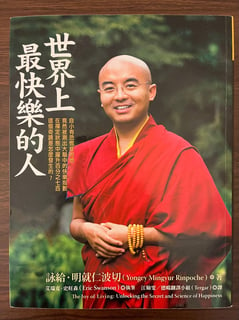

When Yongey Mingyur Rinpoche was a young boy, he often felt panic and anxiety. He described that as like panic disorder. His father gave him profound meditation instructions. With practice, he grew out of those feelings and became a master of meditation. In a study he participated in, it was found that "During a meditation on compassion, neural activity in a key center in the brain's system for happiness jumped by 700 to 800 percent! " This made him considered the happiest man in the world. In the book, he unlocks the secret and science of happiness and uses his practical experience with meditation to show the transformation.
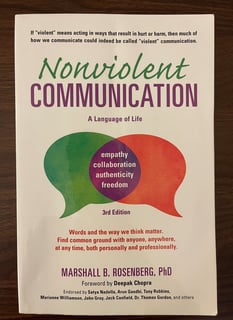

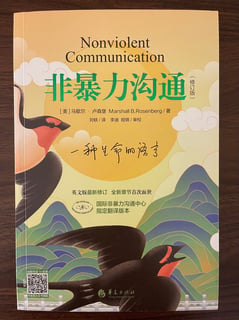

Communication is not just with others but most importantly with ourselves. It can determine our happiness and our relationship with others. How to communicate? In this book, Marshall Rosenberg advocates nonviolent communication through four steps. They are observations, feelings, needs and requests. Marshall uses lots of true-life examples to demonstrate how to do it in each step. The Heart of Nonviolent Communication, stated at the very beginning of the book, is Giving from the Heart. Marshall says "What I want in my life is compassion, a flow between myself and others based on a mutual giving from the heart."
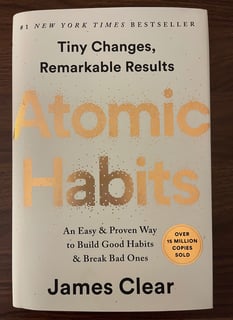

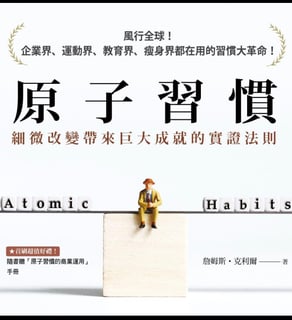

"Each time you write a page, you are a writer. Each time you practice the violin, you are a musician. Each time you start a workout, you are an athlete. Each time you encourage your employees, you are a leader." In this book, James Clear breaks down a habit into tiny actions, and the action is always driven by the type of person you want to become rather than getting a particular outcome. The habits shape one's identity and one's identity shapes the habits. It is a feedback loop. James further talks about the Four Laws of Behavior Change that can be used to build better habits. They are (1) make it obvious, (2) make it attractive, (3) make it easy, and (4) make it satisfying.